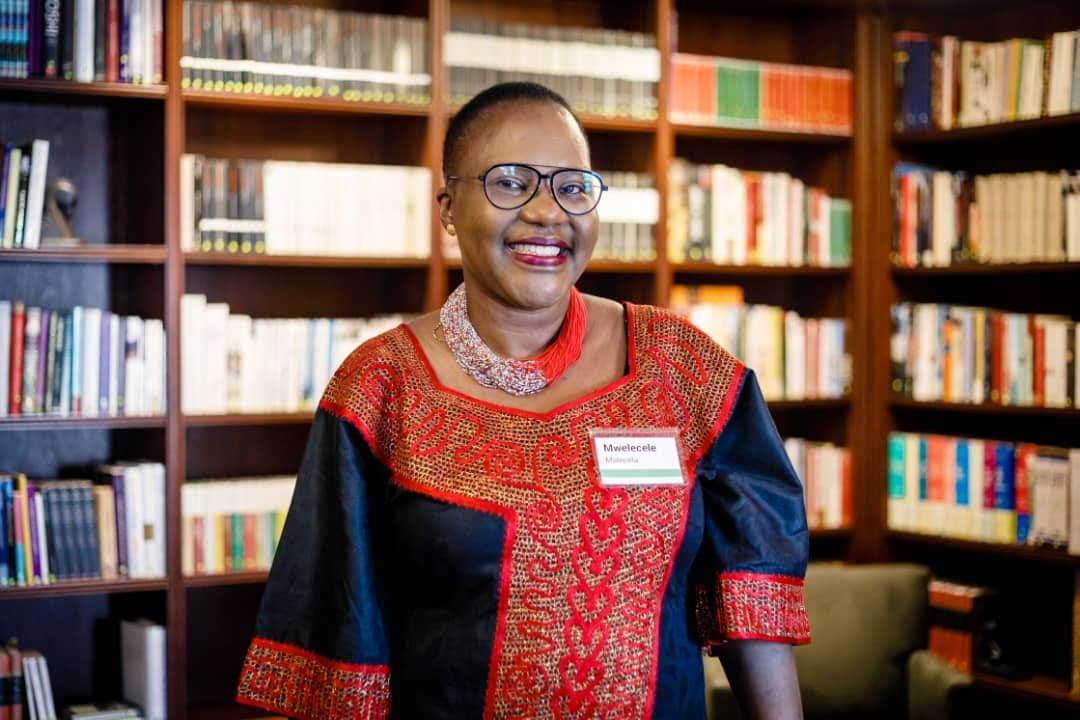WHO Addressing NTDs, COVID-19 Pandemic in Africa
Is COVID-19 the only health issue needing urgent attention apparently? Jenipher Asiimwe reports from Uganda.

(Dr.Mwelechele Ntuli Malecela, Director Neglected Tropical Diseases, World Health Organization-WHO File Photo)
John Hopkins University, Africa Centres for Disease Control and governments’ official data indicate that Africa has recorded over 400, 000 COVID -19 cases and 10646 deaths since the pandemic’s outbreak in late December 2019.
The worst-hit countries in Africa include South Africa (177124 Cases and 2952 deaths) and Egypt (7271 cases and 3201 deaths).
Right now questions are arising.
Is COVID-19 the only health issue needing urgent attention apparently? How has its outbreak affected the provision of services to address other health issues, especially the neglected tropical diseases that have affected most African countries before its onset? How are stakeholders addressing this problem?
Director, Neglected Tropical Diseases at the World Health Organization Dr. Mwelecele Ntuli Malechela Din, her presentation at the recently-held African Zoom press conference organized by Speak Up Africa, said that in as much as the global health agency is apparently faced with the task of addressing the COVID-19 pandemic, other health issues, especially the neglected tropical diseases, are also extremely being dealt with too.
Dr. Machela further said that in 2012 the department established the Neglected Tropical Diseases road map which has been progressing.
They are currently working on 20 groups of the diseases categorized among the protozoa, viruses ectoparasites, and helmides, which cause poverty affecting poor people, and are highly-mobile and fatal.
Dr. Machela noted that the agency has been able to address NTDs in over 40 countries worldwide, saying Brulli ulcer infections have been reduced by 60 percent in the west coast of African countries and that Lymphatic Filariasis has been prevented in Egypt and other 16 countries.
“And more interestingly for human African Trypanosomiasis, which is also known as sleeping sickness, we see there is a reduction of below 1000 cases and if you compare this with 34000 cases in 2000, this is a very significant decrease, Dr. Machele said.
“You can’t prevent the Neglected Tropical Diseases without good WASH, track SDG WASH Indicators, put your resources in areas affected by NTDs.”
Dr. Charlotte Ndiaye, the Madagascar WHO representative in her presentation, talked about how continued partnerships with different stakeholders, including the Ministry of Health, local authorities, the youth, media, and civil society organizations.
She said, “The provision of human and financial resources to prevent NTDs while observing the COVID -19 measures has helped the agency to deal with some neglected tropical diseases in the country. These include Buruli Ulcer, Dengue-Chikungunya, rabies, and scabies.”
WHO says that neglected tropical diseases are common in Sub- Saharan Africa.
Leishmaniasis is so common in Ethiopia, Lymphatic filariasis in Uganda.
The similarities among these diseases are that they cause poverty, affect the poor, are highly-mobile, cause discrimination, and sometimes cause death.
The Malaria Consortium, Uganda in its situation analysis and assessment, “Neglected Tropical Diseases and Their Control in Uganda, 2006” noted that NTDs account for approximately one-quarter of the global disease burden from HIV/AIDS and for almost the same burden as malaria.
The most affected regions are Sub-Saharan Africa, Asia, and the Americas, especially in low-developing countries.



